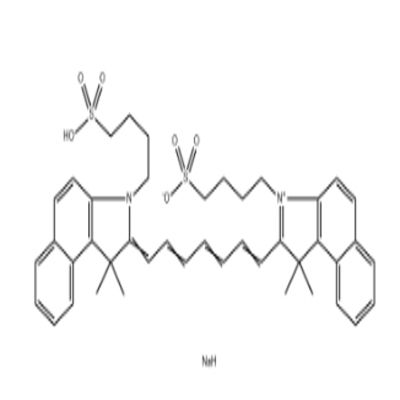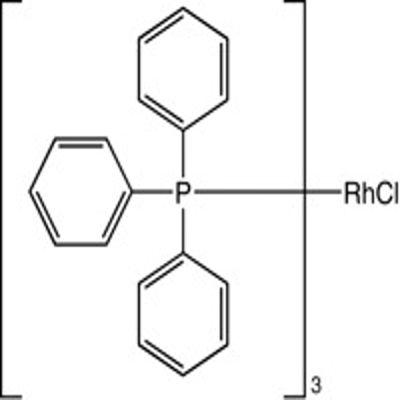Ketogenic diet can change gut microbiome to suppress inflammation
-
Last Update: 2020-05-28
-
Source: Internet
-
Author: User
Search more information of high quality chemicals, good prices and reliable suppliers, visit
www.echemi.com
The ketogenic diet (Keto Diet, KD) is a diet of high fat, low-carbon water and appropriate protein intakeThis diet was originally developed a century ago to treat epilepsy in childrenBut in recent decades, it has become a popular dietAs interest in the gut microbiome grows, research is also increasingly focused on how the ketogenic diet affects gut bacteriarecently, the University of California, San Francisco (UCSF) through human intervention tests and mouse model tests found that the ketogenic diet after metabolism of ketones to change the gut microbiome, while selectively inhibiting Bifidobacteria in the intestines, reducing the level of intestinal inflammatory Th17 cellsThe findings were published in the journal CellBecause previous studies have shown that a high-fat diet causes changes in the gut microbiome, which promotes metabolic disease in miceThe higher-fat ketogenic diet has been proposed as a way to prevent or even treat diseasesDrPeter Turnbaugh, associate professor of microbiology and immunology at UCSF, was interested in the contrary question and decided to explore itspecifically, the researchers recruited 17 adult non-diabetic overweight male subjects for a two-month hospitalization studyThe subjects lived in a controlled hospital environment and experienced a four-week ketogenic diet (15 percent protein, 5 percent carbohydrate, 80 percent fat) and a four-week standard diet (15 percent protein, 50 percent carbohydrate, 35 percent fat)researchers' analysis of microbial DNA found in participants' stool samples showed that two different diets had a significant effect on the gut microbial population, with 19 different bacterial genus detecting significant changesIt is worth noting that bifidobacteria levels dropped significantly when subjects switched to a ketogenic dietTo better understand how microbial changes in the ketogenic diet affect health, the researchers turned to miceThe results showed that these altered microbial populations specifically reduced the number of th17 immune cells in the intestines of miceTh17 immune cells are T-cells that are essential for fighting infectious diseases, but are also known to promote inflammation of autoimmune diseasesfollow-up experiments in mice, researchers gradually switched the animal diet between a low-fat, high-fat and low-carbohydrate ketogenic diet, confirming that a high-fat and ketogenic diet had the opposite effect on the gut microbiomeThese findings suggest that the microbiome's response varies as fat levels in the animal diet increase to levels that promote ketone production without carbohydratesresearchers have observed that as animal diets shift from standard diets to stricter carbohydrate limits, their microbes begin to shift, which is associated with a gradual increase in ketonesSo, can the changes that have been observed in the gut microbial ecosystem be driven by feeding ketones directly to mice? The researchers found that the presence of ketones was enough to cause many specific microbial changes in the ketogenic diet, even in mice that ate normal amounts of carbohydrate"This is a very interesting finding because it shows that the effects of the ketogenic diet on the microbiome are not only related to the diet itself, but also to how the diet alters the body's metabolism, affecting the microbiome and downstream immunity," saidTurnbaughMaintaining a strict low-carbohydrate or ketogenic diet can be challenging for many people, but future research could make treatment more acceptable if future studies have found that the microbial shifts caused by ketones themselves are good enough for health(original title: Cell: A ketogenic diet not only alters the body's gut flora, but also suppresses inflammation)
This article is an English version of an article which is originally in the Chinese language on echemi.com and is provided for information purposes only.
This website makes no representation or warranty of any kind, either expressed or implied, as to the accuracy, completeness ownership or reliability of
the article or any translations thereof. If you have any concerns or complaints relating to the article, please send an email, providing a detailed
description of the concern or complaint, to
service@echemi.com. A staff member will contact you within 5 working days. Once verified, infringing content
will be removed immediately.







